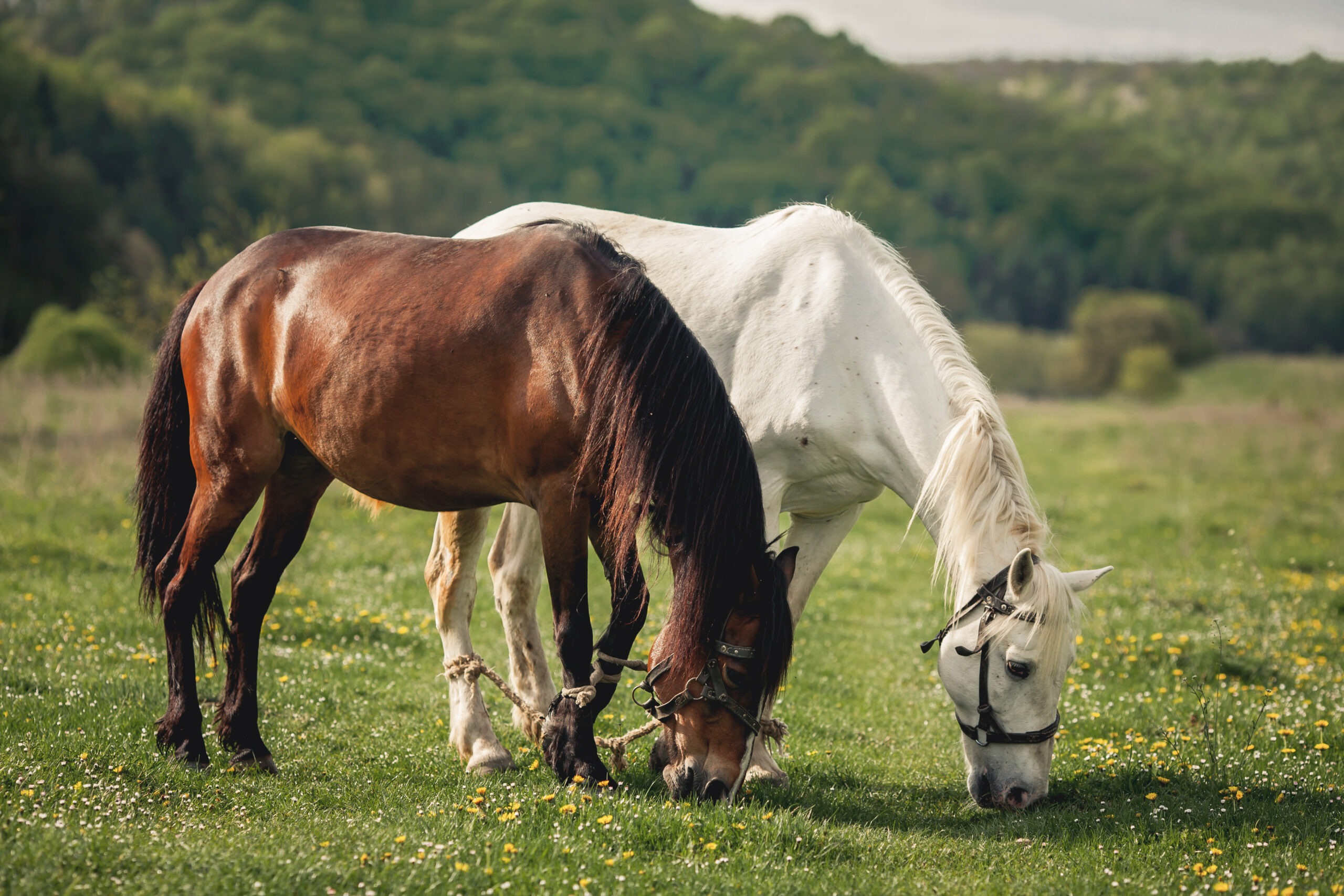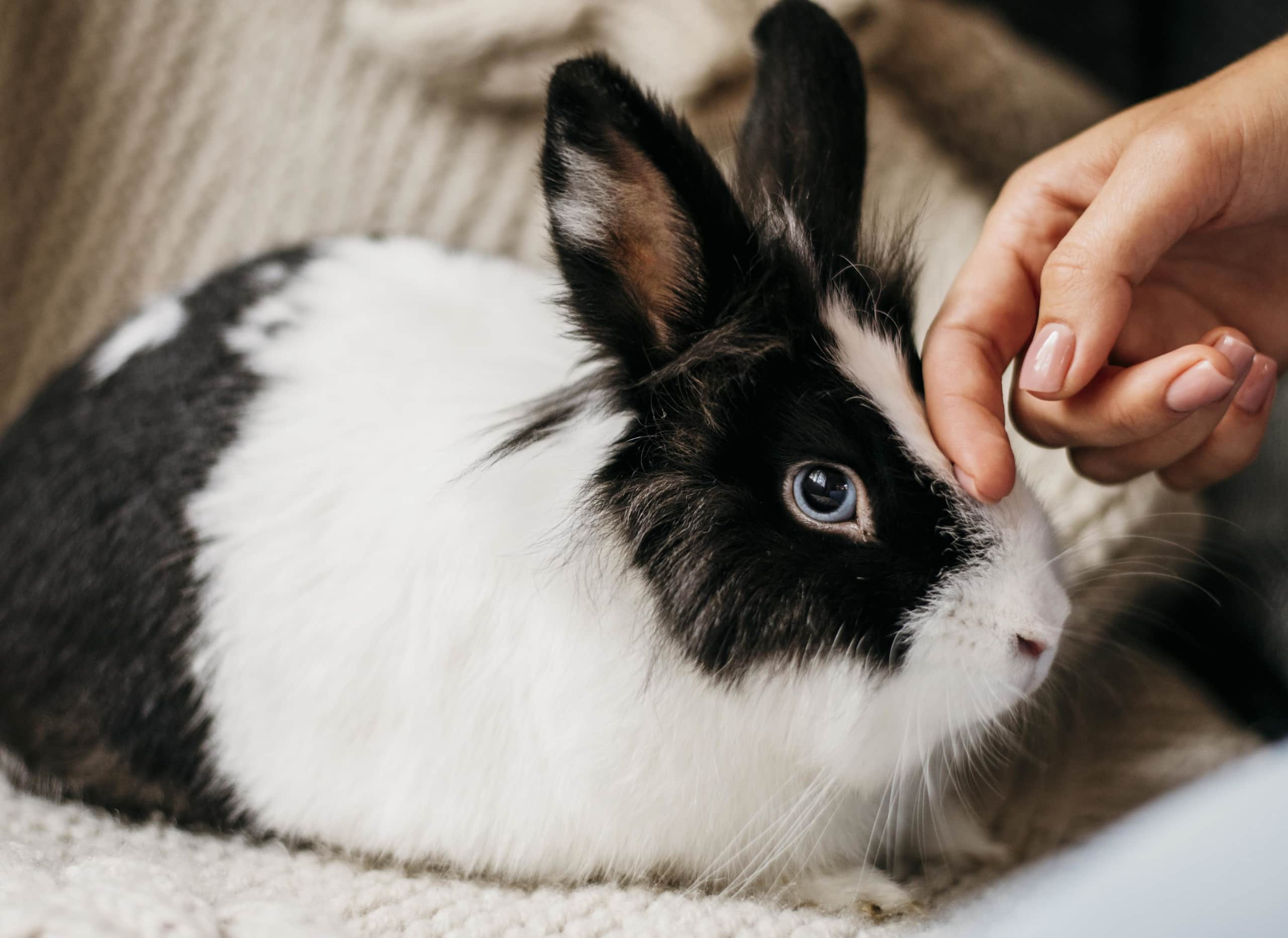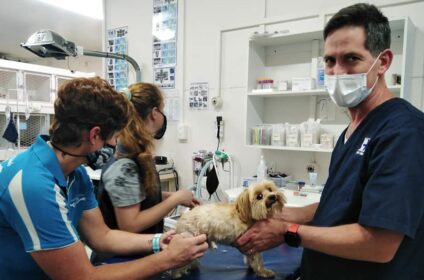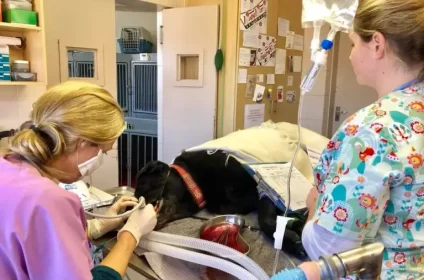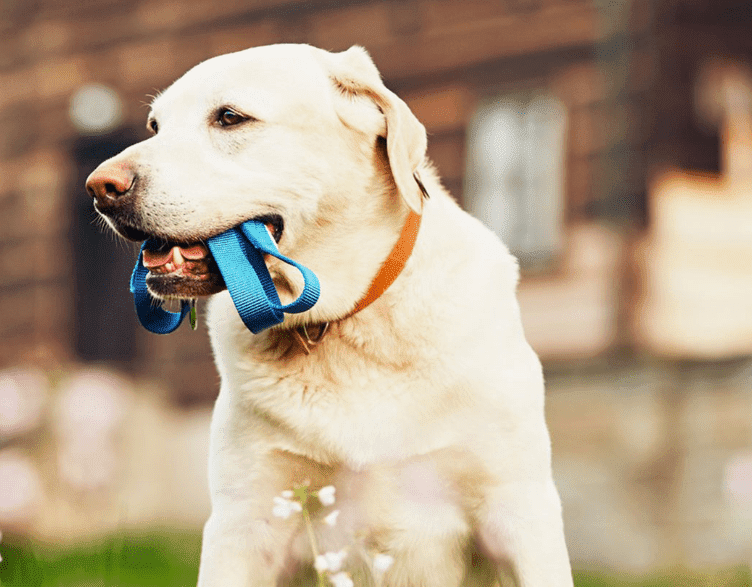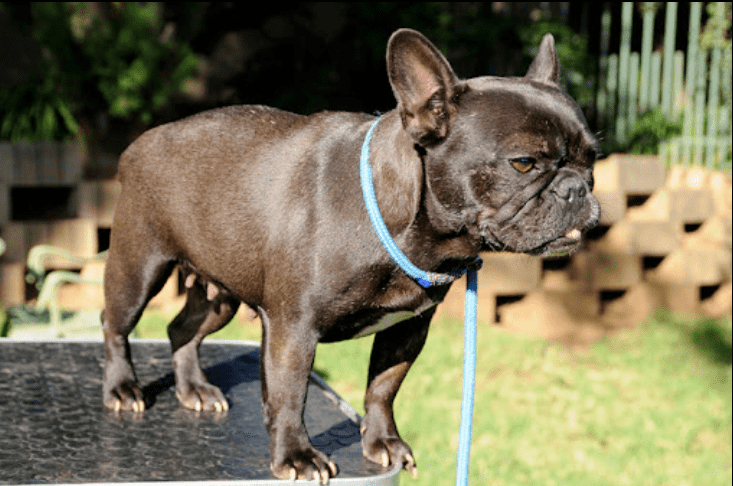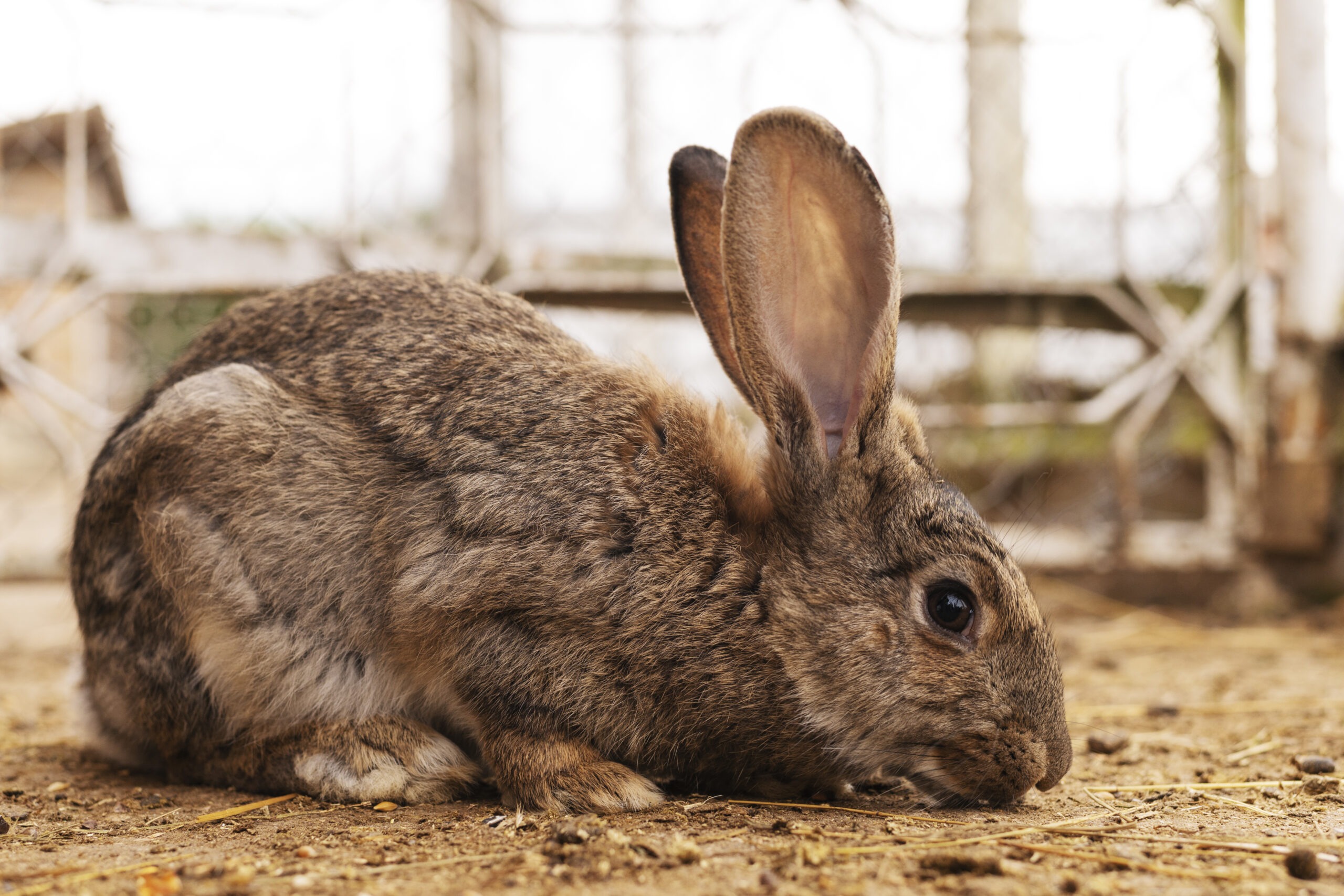The genetic health of horses is a critical concern in breeding to maintain the well-being and vitality of the equine population. This article discusses the importance of genetic diversity, responsible breeding practices, and genetic testing in horse breeding.
Article:
Preserving Genetic Health in Horse Breeding
Horse breeding is a practice deeply rooted in tradition and history, but it’s also essential to safeguard the genetic health of these magnificent creatures. Maintaining genetic diversity and reducing the risk of hereditary diseases is vital for the future well-being of horses.
One of the most significant concerns in horse breeding is inbreeding, which can lead to a higher risk of genetic disorders. Responsible breeders focus on genetic diversity to avoid potential health issues that may be passed on to offspring. To achieve this, they carefully select mates to ensure that they are not closely related.
Genetic testing can also be a valuable tool in identifying carriers of hereditary diseases. Breeders can screen potential parents for genetic conditions, reducing the risk of passing them on to foals.
Responsible horse breeding is not just about producing desirable physical traits but also about maintaining the genetic health of the equine population. By prioritizing genetic diversity and responsible breeding practices, breeders can contribute to the future well-being of horses.


